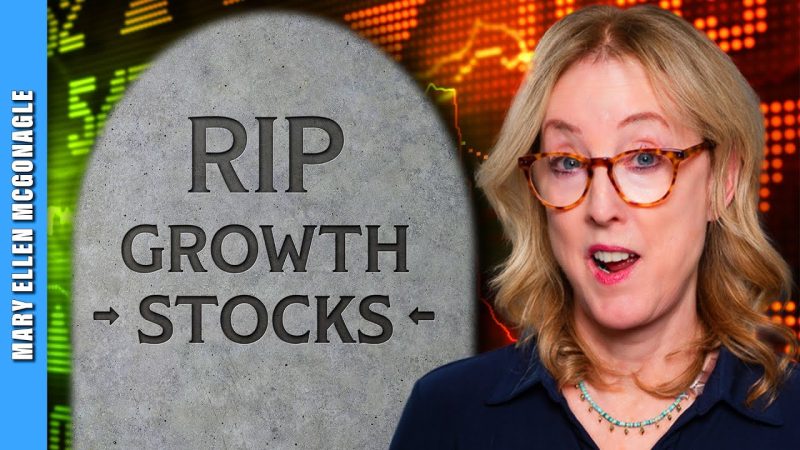In recent years, growth stocks have dominated the investment landscape, drawing in many investors seeking high returns. However, with changing market conditions and the evolving economic landscape, the question arises: is it game over for growth stocks?
Analysts and investors have been closely watching the performance of growth stocks as concerns about rising inflation, interest rates, and global uncertainties have crept into the market. Growth stocks, which are typically characterized by their rapid revenue and earnings growth, have enjoyed a prolonged period of outperformance, fueled by low-interest rates and investor appetite for high-growth companies.
The changing market dynamics, coupled with increasing regulatory scrutiny on some of the big names in the tech sector, have cast a shadow of doubt over the sustainability of growth stocks’ lofty valuations. Companies that were once the darlings of the stock market are now facing challenges as investors reassess the risks and potential returns associated with these high-flying stocks.
Moreover, the recent rotation in the market towards value and cyclical stocks suggests a shifting sentiment among investors. Value stocks, which are typically undervalued relative to their fundamentals, have seen renewed interest as investors seek companies with more stable earnings and dividends. As economic conditions improve and the world emerges from the pandemic, value stocks tied to sectors like industrials, energy, and financials are gaining favor.
Additionally, the specter of rising inflation and interest rates has put pressure on growth stocks, as higher borrowing costs could erode the attractiveness of companies reliant on debt financing for growth. In a rising rate environment, investors may shy away from high-growth but high-valuation stocks in favor of companies with more sustainable business models and stable cash flows.
While the future may seem uncertain for growth stocks, it is essential for investors to remain vigilant and adapt their investment strategies to changing market conditions. Diversification, both across asset classes and investment styles, can help mitigate risks and capture opportunities in different market environments.
Ultimately, it may not be game over for growth stocks, but a potential reset or reevaluation of their place in investors’ portfolios. As market dynamics evolve and economic conditions shift, investors should stay informed, be prepared to adjust their strategies, and seek professional guidance to navigate the ever-changing investment landscape.




























